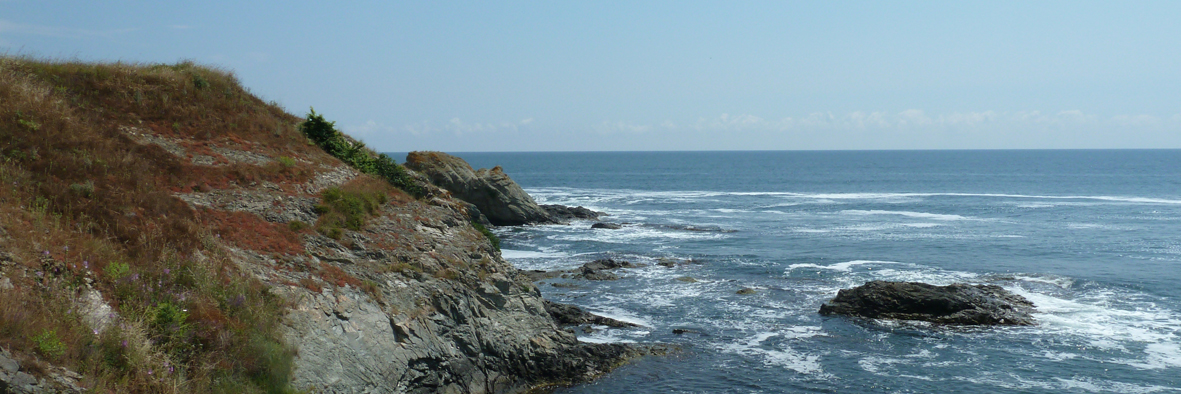
As coastal communities all over the world deal with the consequences of rising sea-level and more intense storm events, planners and managers continue to grapple with the optimal policy approach to managing increasing risks to coastal ecosystems, people and property.
The impact of rising sea levels and coastal erosion will see shorelines retreat steadily and provide major challenges for planning authorities, according to a research that involved The University of Western Australia, and was contracted to GHD consultancy firm.
In the study published in an article featured in Australian Planner, the researchers examined the impact of rising sea levels for future decades and centuries.
Based on the study that was prepared for local governments south of the Swan River, the researchers have outlined recommendations for planning approaches to deal with coastlines receding.
Lead author Professor Bill Grace from the Australian Urban Design Research Centre at UWA said "most coastal vulnerability studies carried out around Australia assumed policy options were to retreat by moving development landward, accommodate flooding or protect buildings and infrastructure, inferring that these were alternatives".
Read the full paper here!
